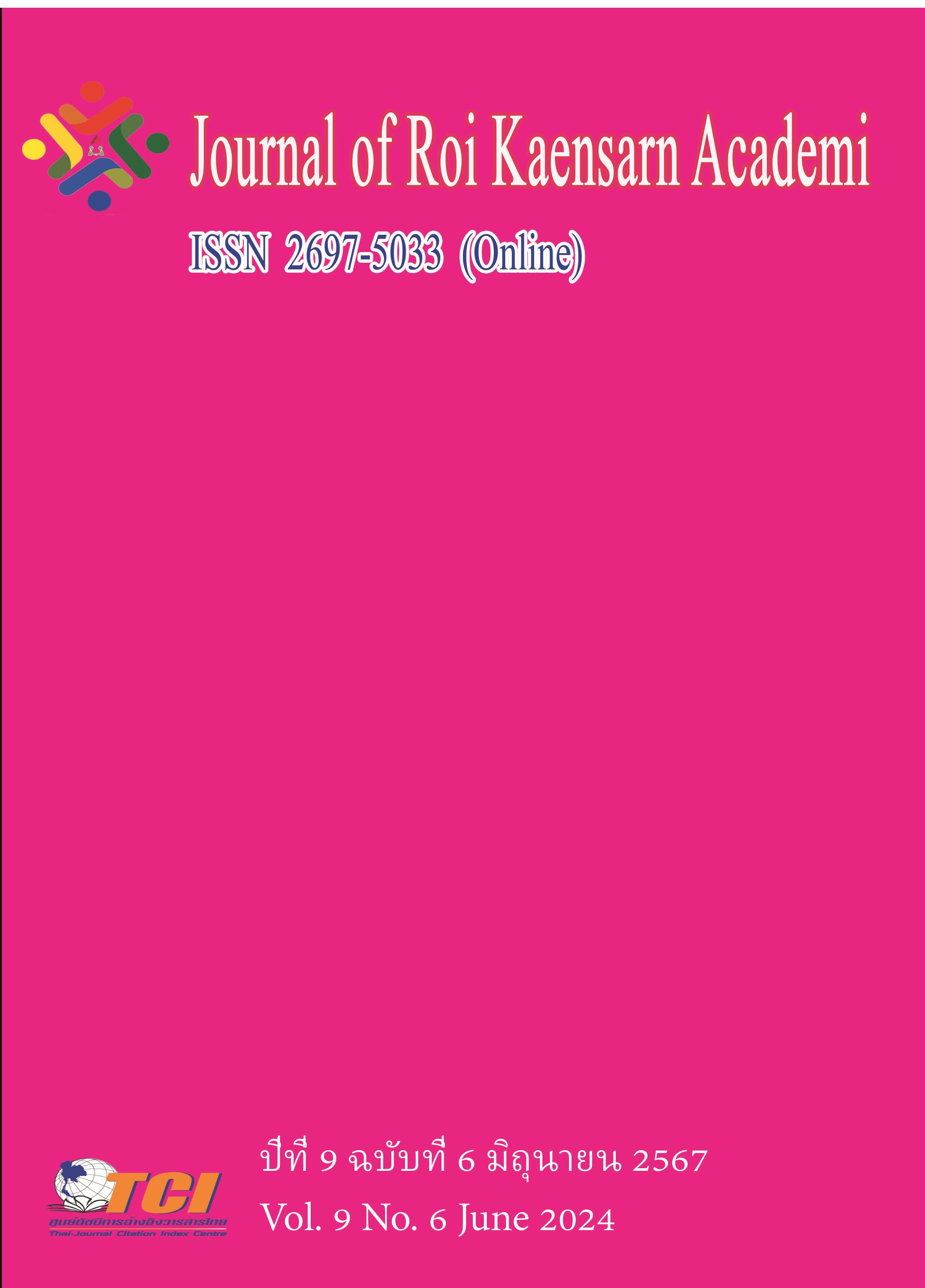Reception Practice from a Cross-Cultural Perspective: A Study of Thai Readers’ Reading Experience of Chinese Online Novels
Main Article Content
บทคัดย่อ
The purpose of this study is to explore the influence of Chinese online novels on Thai readers and their reading characteristics. This is a quantitative study that uses literary reception theory as an analytical framework and examines Thai readers’ reception practices when reading Chinese online novels from a cross-cultural perspective. The research sample group includes Thai readers, and first-hand reading feelings and feedback are collected through online questionnaires and reader interviews. Research instruments included a questionnaire and a semi-structured interview guide. Data collection was conducted by collecting questionnaire data and interview transcripts. Data analysis statistics were performed using qualitative and quantitative analysis methods. The research results found that due to differences in language and cultural background, Thai readers have a "lag in acceptance" of Chinese online novels, that is, there are certain obstacles in understanding. But at the same time, the novel themes and twists and turns of online novels have attracted the interest of many Thai readers. In terms of cultural identity, Thai readers hold a positive attitude towards the traditional cultural core reflected in Chinese online novels, but there is a cultural gap in the description of urban plots, making it difficult to fully understand the social context. In addition, the study also found that reading channels and translation quality are important factors that influence Thai readers’ acceptance of Chinese online novels. Overall, Thai readers' reading experience of Chinese online novels is roughly divided into two, and there is an obvious "polarization" phenomenon in the acceptance of the works. Overall, this study expands the application horizons of reception theory in a cross-cultural context and provides empirical evidence and inspiration for Chinese online literature to "go global." The research calls for strengthening exchanges and mutual learning among readers with different language and cultural backgrounds, and improving the readability and dissemination of online literature.
Article Details
เอกสารอ้างอิง
Fei Xiaotong. (1992). Rural China. Peking University Press.
Fei, X. (1992). From the soil: The foundations of Chinese society. University of California Press.
Hao, J. (2014). Contemporary cross-cultural reading research [Contemporary cross-cultural reading research]. Peking University Press.
Ingkanngarn, P. (2016). Thai readers' perspectives towards Chinese literary works: A case study on the mobile epics. Language Education and Acquisition Research Network (LEARN) Journal. 9 (2), 29-39. https://eric.ed.gov/?id=EJ1188545
Iser, W. (1980). The act of reading: A theory of aesthetic response. Johns Hopkins University Press.
Liu, S., Wang, W., & Zhu, Y. (2012). New trends in online literature reading experience and genre innovation. Literature & Art Studies. 12, 155-163.
Ni, R. (2015). The intertextual experience in the post-reading practice of online novels. Fujian Tribune. 5, 134-139.
Pipitvejapitaya, T., Li, L., & Kasemsuk, A. (2018). A cross-cultural study of reading Chinese and Thai literary works. Huaqiao University.
Rosenblatt, L. M. (1994). The reader, the text, the poem: The transactional theory of the literary work. SIU Press.
Zeng, Y. (1999). Principles of cross-cultural reading criticism of literary works. Sichuan People's Publishing House.
Zhang, J. (2019). Research on the cultural transplantation dilemma and countermeasures of Chinese online literature's dissemination in India. Publishing Research. 9, 50-54.
Wang, X., & Zhang, H. (2021). Dissemination dilemma and localization path of Chinese online novels in Southeast Asian countries [Dissemination dilemma and localization path of Chinese online novels in Southeast Asian countries]. News Research Guide. 12 (4), 58-60.

